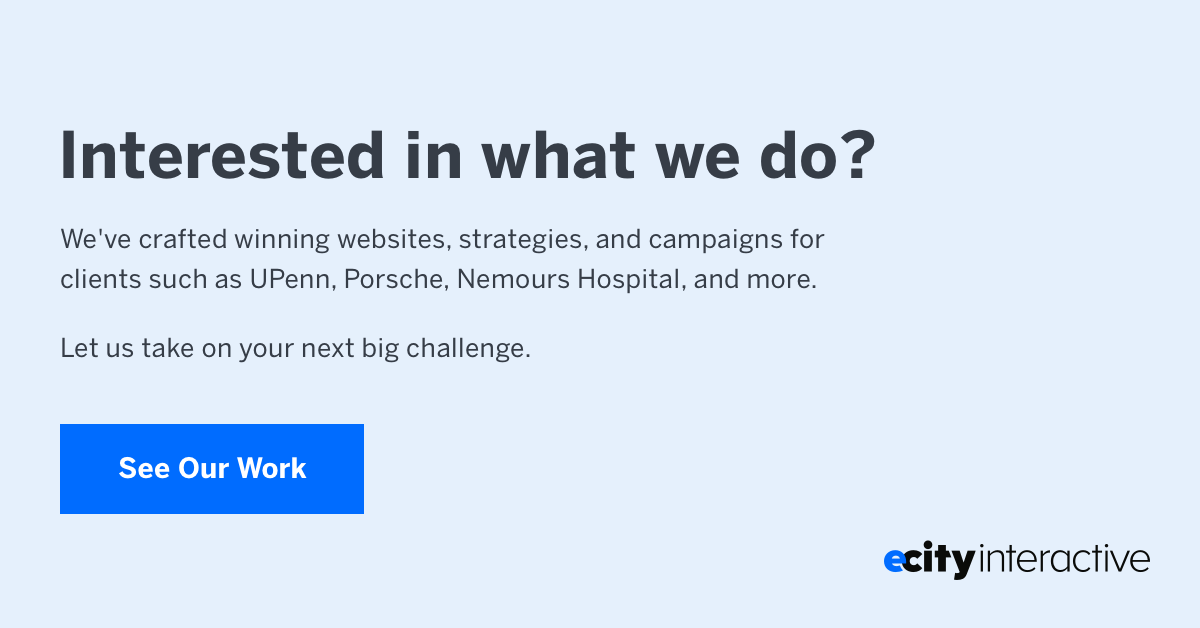When you’re reaching out to alumni, are you looking for funding, or are you issuing a real invitation? If you’re only friendly when you’re asking for money, chances are that you’re not building an authentic and engaged community of alumni. Here’s how to take the first step toward creating real alumni engagement with those who’ve graduated from your institution.
Talk With Them When They Attend
Before you engage with individuals as your alumni, you engage with them as students at your university. That’s the time to begin to craft a relationship with them. Through social media accounts and student events, start a dialogue about how your university can support their emerging careers. Whether it’s through cooperative work experiences or more opportunities for student theater and journalism, creating a healthy dialogue with your students about their needs sets the tone for discussion later on.
Look At Their Needs As They Graduate
As your students graduate, make sure that you keep the conversation going. Talk with students about what they need as they transition from undergraduate life into the pursuit of an advanced degree or the world of work. For example, they may benefit from job search assistance or ongoing networking with their university colleagues as they develop their future careers.
Understand How They Want to Engage
As time moves on, your alumni enter into different phases of their lives. They move away, begin jobs, and start families. They may become alumni of other universities as well. You’re not as important as you were when school was their primary focus, but you were an important part of their lives in the past.
There are many people who’ve graduated from your university, and most of them are not recent graduates. You need to understand how each group of alumni wants to connect before you work to engage with them. Instead of sending out information and asking for funds, make an effort to truly understand the interests and needs of each generation of your alumni. Different generations have different needs. For example, while new alumni are seeking their first big jobs, those who are a little older are trying to determine how they can move along in their careers. Mid-career professionals need networking and information support on moving into management positions, while older professionals are looking at how they can enliven their careers and pass on their skills in the last decades of their work life. Become an expert on each generation’s needs to develop online and in person programs that suit them.
Look for Other Groupings
In addition to generational outreach, your dialogue should focus on the different faculties that you serve. Your science graduates and your journalism graduates may have the same needs, but chances are if they’re working in the field they would find a lot of value in connecting with others in the same field to share their stories, ideas, and contacts. Bring in faculty experts and go outside your institution to find presenters who are focused on specific fields. Create online marketing strategies and social media communities that are specific to individual faculties or groups within a faculty.
Alumni engagement can be tricky, but it all begins with substantial dialogue. Instead of simply asking for money, ask your alumni what they need from you. When alumni become part of a community, they’re more likely to be moved to support that community through donations as well. And if you’re looking for new ways to strengthen your donor relationships, contact us. We’re here to help you build your communication strategies and develop lifelong relationships with your alumni.




